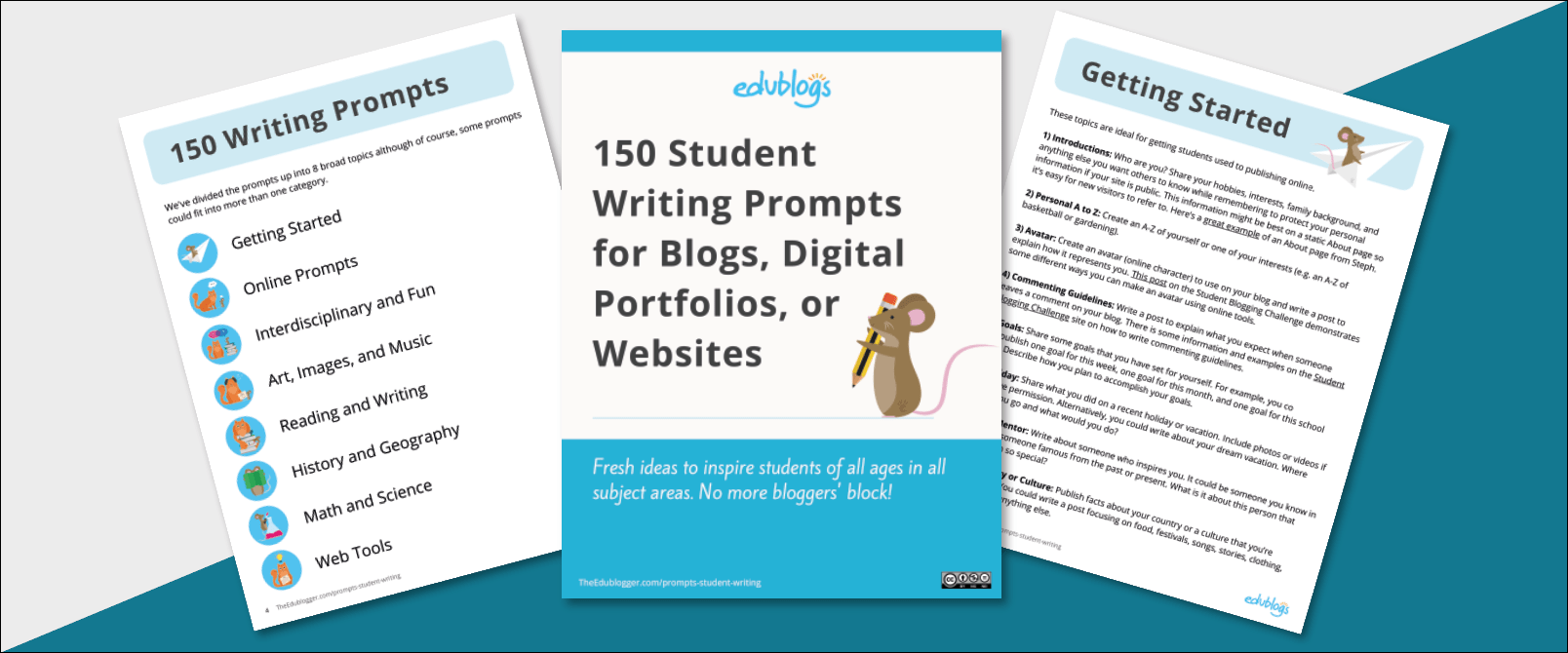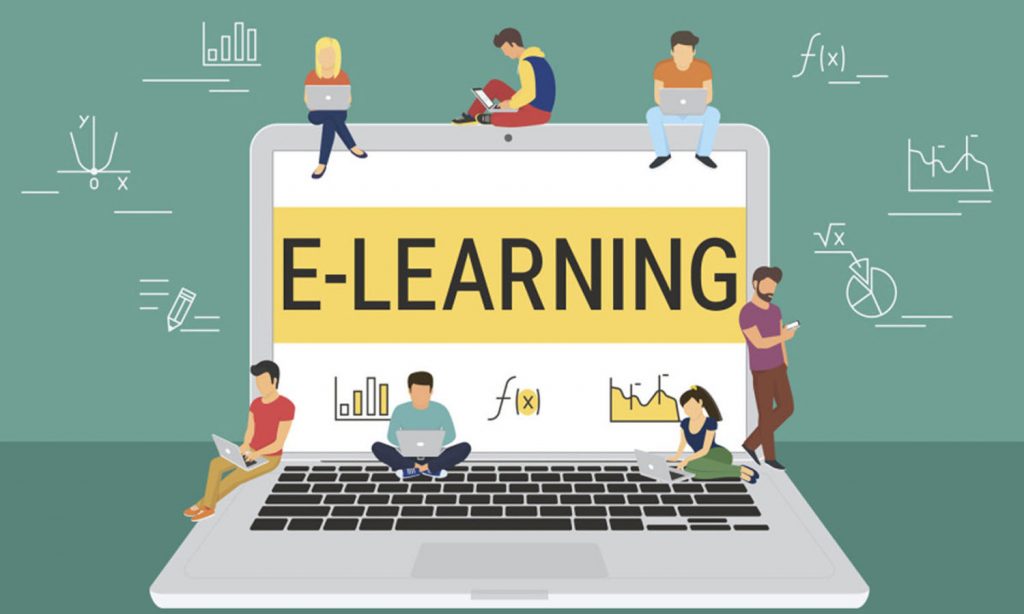
The future shape of graduate and executive education is coming into focus with the surge of “MicroMasters” certificate programs on edX, to which 1.7 million students have registered in a year. The number of programs on offer has exploded from one to 46 during this time.
This is the kind of extraordinary exponential growth that rips apart and rebuilds industries.
MicroMasters certificates (MMs) are online, examined and graded, credit-eligible graduate-level courses that involve about a quarter of the coursework of a traditional Masters degree. At edX they cost about $1,000.
A Harvard-MIT MOOC (Massive Open Online Course) collaboration since 2012, edX has along the way also amalgamated Stanford and UC Berkeley’s homegrown MOOC options, all now rolled into a not-for-profit 501c3 that co-develops online programs in association with 25 universities and academic providers worldwide, most of which are top-brand institutions.
For now, there’s a strong focus on new technology skills areas—data science, artificial intelligence, Internet of Things, robotics—these being current hot-spots for recruitment. But edX also offers MicroMasters in more standard business areas such as project management, supply chain management, marketing analytics, and hospitality, and there’s no reason not to expect a quick spread across the sciences, medicine, arts and beyond, as well as into other languages. edX already has two MMs in Spanish.
In an interview with forbes.com, edX CEO and MIT professor Anant Agarwal speaks of the vision to widen and democratize the education funnel. Anyone can access it, almost everyone can buy it, and MMs convert to full Master’s degree credits (a requirement that academic-partner providers must be able to offer.)
But, as important as expanding educational access is, what’s at stake here is even more radical and future-disruptive. Because, it’s apparent most students won’t pursue the full degree. They’ll walk with the MM.
 Picture: Courtesy of MIT
Picture: Courtesy of MITedX COO Adam Medros, and CEO Anant Agarwal
The reason they can easily do this is because of the third player in the edX MM system, the employer. Each MicroMasters is sponsored by at least one industry partner, currently a list of 40 which includes GE, MicroSoft, IBM, Hootsuite, Fidelty, Bloomberg, Boeing, WalMart, PWC, Booz-Allen Hamilton, and Ford.
Employers are not an afterthought, hopefully persuadable by the university’s Careers Office to mop up students after graduation. Here companies are baked into the setup. An MM is a three-way arrangement between educator, student and employer.
For example, in Massachusetts GE guarantees at least a full-time job or internship interview at the company’s Boston headquarters for residents who complete MMs in AI, cyber security, cloud computing or supply chain management. Microsoft has committed to contribute toward the cost for any Community College student to complete the entry level Computer Science Professional Certificate program on edX.
With this nod from hiring companies, MMs become sufficient credential for a career step. This is a huge reframe for what counts as a valid qualification, therein a real shakeup at the pillars of graduate schools.
MOOCs have successfully entered the game not just of education, but of qualification.
In the world of MOOC qualification, the front-loaded learning of a traditional Masters fragments into iterative stepping stones of credentialing. These are smaller, faster, units of study that span a person’s working life. As one MM provides the skills to get a job, so the next one will up-skill her to maintain and evolve the position, or get a promotion, or transition to a new job.
Mindful of a fast-changing world, iterative learning suits both employee and the firm. Neither expects sufficient ongoing capability to come from early career one-shot learning.
Says Agarwal: “Learning once and working for the next 30 years is obsolete; we need to move to an world where re-skilling becomes part of the culture. The MicroMasters as a standalone modular credential serves as academic currency in a continuous, lifelong-learning world.”
In certain fields (medicine, law, architecture etc.) a new entrant will no doubt still need a large upfront chunk of knowledge. But in many other areas, two years of front-loaded professional education is starting to look a little quaint.
If this is right, MM qualifications are going to take a huge bite out of the market for traditional-length Masters programs and will also jostle traditional Open and Custom executive education business models.
Schools such as MIT and others involved on the edX platform are laudably taking the long view, part-cannibalizing their traditional model now so as to create a foothold in education industry markets of the future.
This foothold includes embracing the logic of the platform, the digital-enabled connector that seeks to add value or cut costs by creating connections where these were previously weak or non-existent.
Just as Uber sells taxi rides without owning cars or booking.com sells hotel rooms without owning any buildings (while also mercilessly sharpening the cost-benefit equation,) so edX is a platform play. It owns no universities and no courses. Its business is being the stage on which educators, students, and employers connect.
Not surprising then, that edX’s new president and COO, Adam Medros, was previously Senior Vice President, Global Product at the travel platform TripAdvisor. He’s hired precisely for his platform expertise, and says a big part of what the edX platform builds itself around, as other platforms do, is “access.”
For Medros, access is not just global availability or affordability, but access in the sense of education being there and possible in a way it is otherwise not for over-worked professionals, dual-working parents and others in the time-crunch category.
Such people can access the learning they need, and juggle it into their schedule. In this market “we’ve crossed from early-adopters to a tipping point,” says Medros.
“Delivering for consumers at scale will be the next revolution that happens in this industry.
“In the early days (of the travel industry transition, as viewed from TripAdvisor management) there were lots of different solutions, some of which had a good fit with consumer needs and some of which were experimental.
“You’re changing not just consumer habits but also industry incumbent habits: how they run their business and how they configure their product. There is not one given model.
“But we will see the industry coalesce around principles that edX represents,” says Medros.
source:-.forbes




